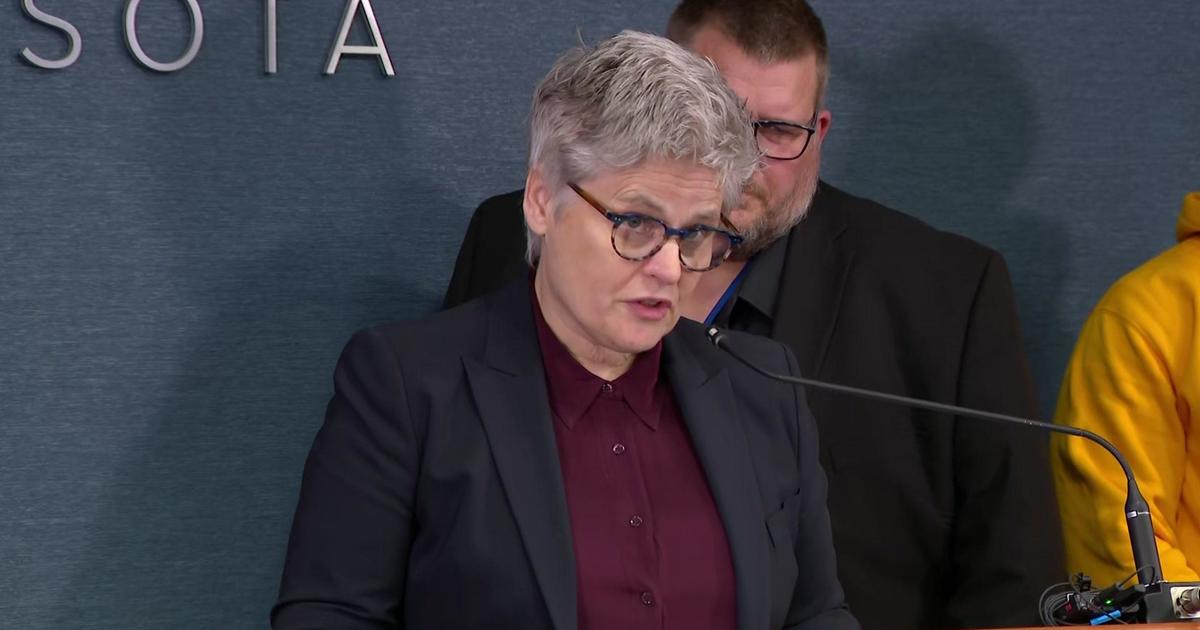How Many COVID-19 Patients Do Not Show Symptoms?
MINNEAPOLIS (WCCO) -- Last Friday, the Centers for Disease Control issued a recommendation for people to use a simple cloth facemask to slow the spread of the virus.
In its recommendation, the CDC wrote that masks would "help people who may have the virus and do not know it from transmitting it to others."
Those people are called asymptomatic COVID-19 patients – people who test positive for the virus but don't show symptoms of COVID-19.
In mid-March, NBA star Donovan Mitchell was one. He told Good Morning America, "I think that's the scariest part. You may seem fine, be fine."
The estimates of the asymptomatic cases are all over the place. On Sunday, Dr. Anthony Fauci said the rate was somewhere between 25% and 50%, but there's disagreement among the federal Coronavirus task force on those numbers.
"Trust me, that is an estimate, I don't have any scientific data yet to say that," Dr. Fauci said.
One study of two dozen people from China put the rate at 29%. Another study of 500 Japanese citizens reported 30%.
All of the people on the Diamond Princess cruise that quarantined in the waters off Japan were tested for COVID-19 after an outbreak on the ship. All of those passengers were tested and 18% of the positive cases were reported to be asymptomatic.
That's a departure from mid-February when the World Health Organization reported "the proportion of truly asymptomatic infections is unclear but appears to be relatively rare."
Asymptomatic patients don't have to cough or sneeze to spread the disease, says Dr. Susan Kline, a professor of infectious diseases at the University of Minnesota Medical School.
"Even though they're not having symptoms, they could be shedding it," Dr. Kline said.
She said data shows it could be spread through respiratory secretions that come from sitting, speaking or sitting close to someone for a prolonged period of time.
As for why some infected people might show symptoms and other don't, Dr. Kline said that's not clear, but it could have to do with differences in immune systems or how heavy the exposure was to the patient.
Until more widespread testing is available, experts said it will be hard to determine the rates of asymptomatic cases.
"You know when we'll get the scientific data," said Dr. Fauci. "When we get those antibody tests out and we really know what the penetrance is."



